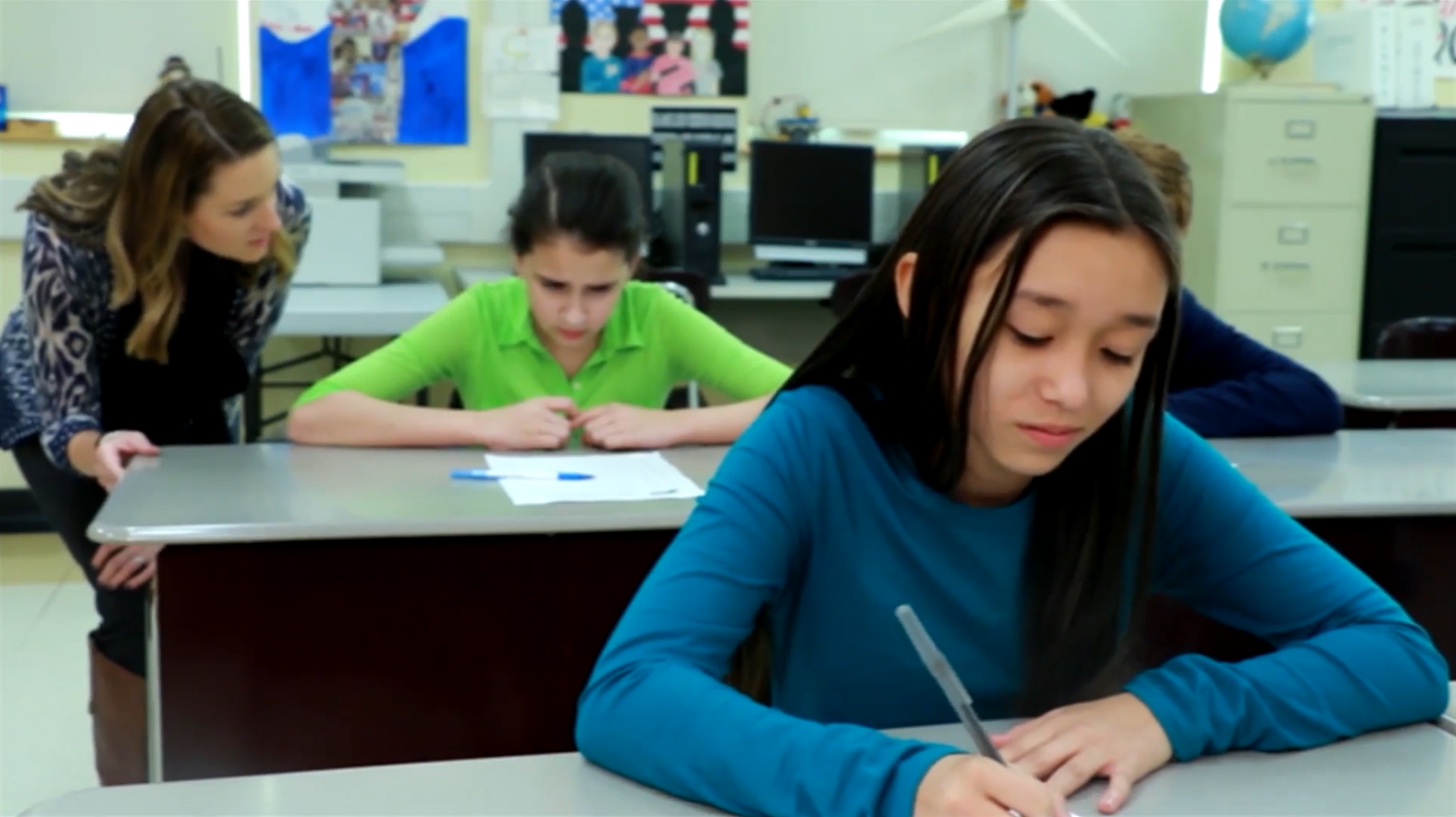
Introduction
In a classroom setting, students can sometimes be faced with the challenge of ignoring others’ distracting behaviors. This is especially true for PreK students, who are still developing their social and emotional skills. To help them stay focused on learning, educators can teach them effective strategies to ignore distractions from their classmates. This blog post will explore an easy-to-implement, no-prep activity to help students practice ignoring distractions, as well as offer discussion questions and related skills for further growth.
No-Prep Activity
This simple activity requires no preparation or materials from the educator. The goal is to help students practice staying calm and focused, even when their classmates are being noisy or disruptive. Begin by having the students sit in a circle. Choose one student to start as the “distractor” and have them make noise, act silly, or pretend to be upset for a short period of time. The other students should practice staying calm and not reacting to the distractor. Encourage them to take three deep breaths, avoid looking at or listening to the distractor, and not engage in conversation with them. After a few minutes, switch roles and allow another student to be the distractor. Repeat this process until every student has had a chance to practice both roles.
Discussion Questions
- How did it feel when you were trying to ignore the distractor? Was it easy or difficult?
- What strategies did you use to help you stay focused and not react to the distractor?
- Why is it important to learn how to ignore distractions in the classroom?
- Can you think of a time when you were distracted by someone else’s behavior? How did you handle it?
- What can you do to help create a focused and calm learning environment for your classmates?
Related Skills
Teaching students to ignore distracting behaviors is just one aspect of building a strong foundation in social-emotional learning. Other related skills that can be helpful for PreK students include:
- Self-regulation: Learning to manage their own emotions and behaviors in response to challenging situations.
- Active listening: Developing the ability to focus on what others are saying, even when there are distractions in the environment.
- Empathy: Understanding and sharing the feelings of others, which can help students be more considerate and supportive of their classmates.
- Cooperation: Working together with others to achieve a common goal, such as maintaining a calm and focused classroom environment.
Next Steps
If you’re interested in exploring more resources to help your PreK students develop strong social-emotional skills, we encourage you to sign up for free samples of our skill-building materials. Simply visit our sample materials page to access a variety of activities and lessons designed to support your students’ growth in this important area.





